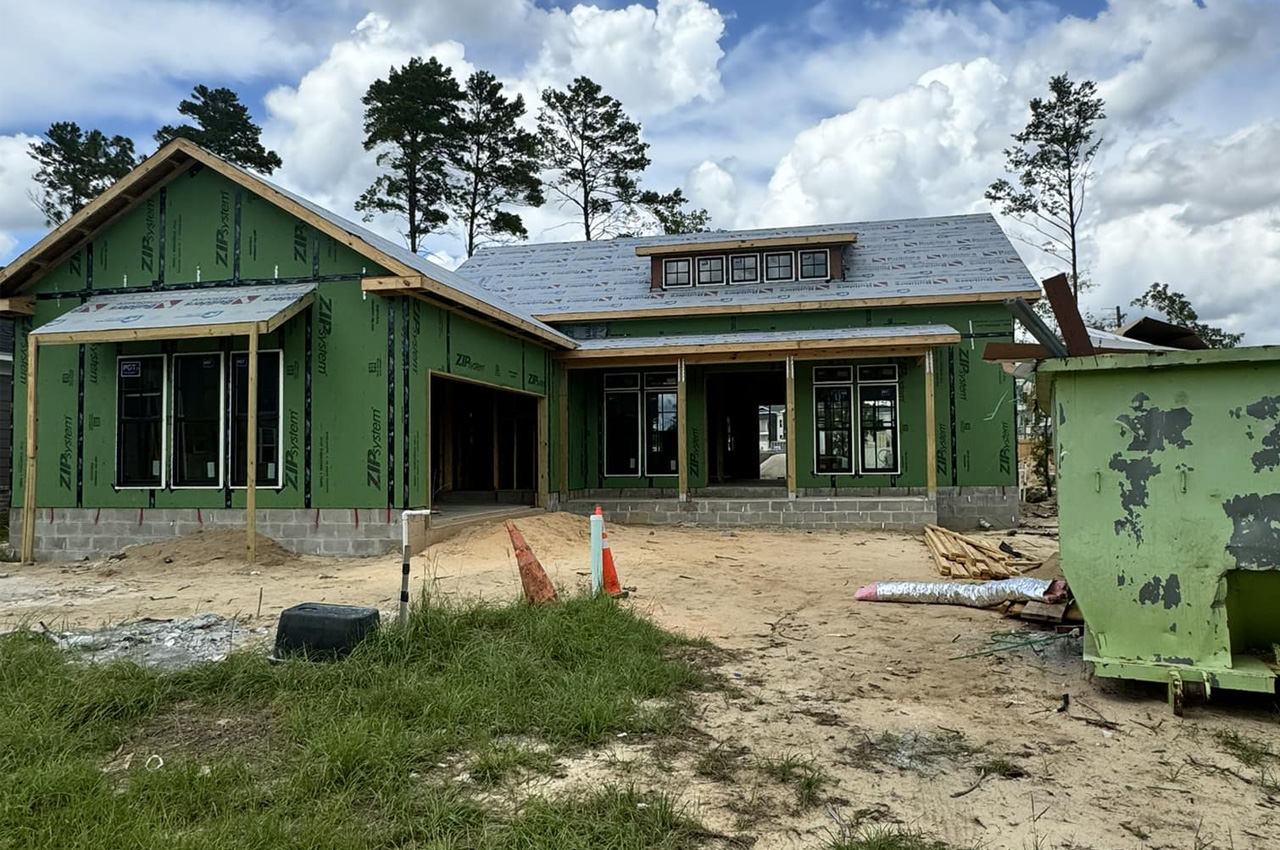When it comes to building or remodeling a home, there are plenty of pitfalls that can trip up even the most well-intentioned homeowner. Jason Carducci, owner of JP Carducci Inc. in Fort Walton Beach and current president of the Building Industry Association of Okaloosa-Walton Counties, has seen it all in his years as a contractor.
- In an interview, Carducci shared insights on nine common mistakes consumers make when embarking on home construction or renovation projects. His advice aims to help homeowners navigate the complex world of contracting and avoid costly errors.
Misunderstanding “licensed and insured”
One of the most frequent misconceptions, according to Carducci, is what it means for a contractor to be “licensed and insured.”
“Everybody’s business card says licensed and insured,” Carducci explained. “They have to have a county license. They’re supposed to be promoting that in their advertising by state law.”
- However, he cautions that this doesn’t necessarily mean they’re state-qualified to build or do remodeling. “You have to be a contractor,” Carducci emphasized.
For consumers who find themselves misled by such claims, Carducci suggests they can “press issues with code enforcement and then take legal action” to address the problem with the licensing board. However, he warns that if homeowners knowingly hire unlicensed contractors for a better price, they have no recourse.
Purchasing cheap materials
While it might be tempting to cut costs on materials, Carducci advises against it, particularly for finish work like tile, flooring, and fixtures.
“Some homeowners choose the cheapest materials they can find and expect the best,” he said. However, Carducci believes that with some searching, homeowners can find good quality products at reasonable prices.
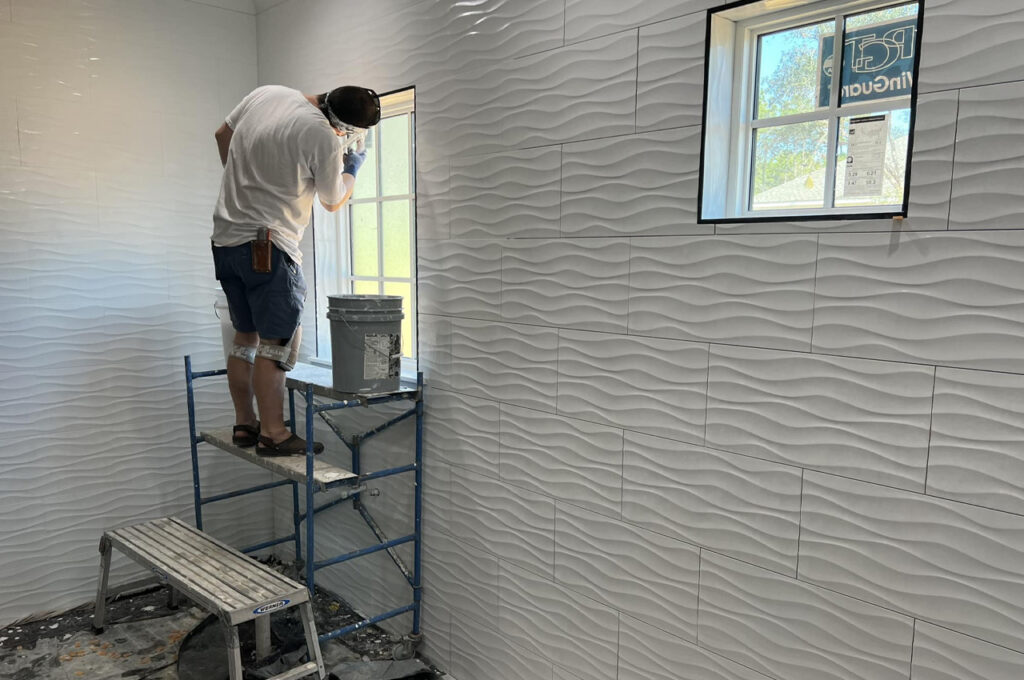
He also highlighted a related issue of homeowners not wanting to hire the right people to install these materials.
- “Let’s say you spend $10 a square foot on tile,” he explained. “That’s an expensive piece of tile, but you don’t want to pay somebody $4 a square foot to put it down. So you’re going to hire somebody that’s going to do it for $2.50. Absolutely not.”
The result, he warns, is that “your expensive material is now worthless” due to poor installation.
Purchasing the wrong materials for the project
Carducci emphasized the importance of choosing appropriate materials for each specific project. He provided several examples of potential mismatches that homeowners should be aware of.
“I’ve seen where people want hardwood floors,” Carducci said. “They end up putting hardwood floors over concrete. You can’t do that. It’s absolutely against any type of manufacturers’ warranty.”
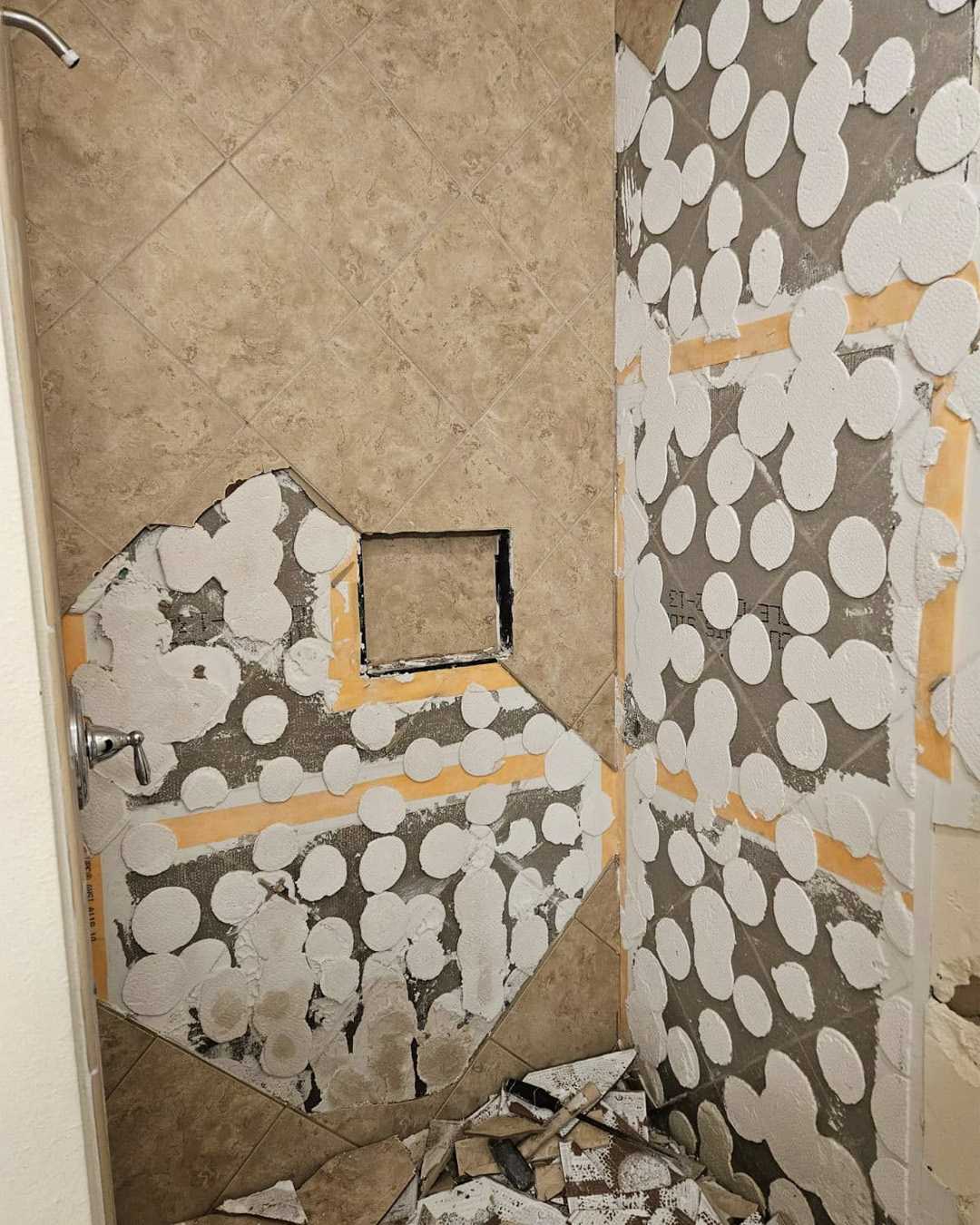
He also discussed the importance of considering the environment where materials will be used, particularly in areas prone to moisture. “If you buy a very porous tile and you put it in a shower, you’re probably going to have some problems later on,” Carducci explained. “Same with the floor. If you’re putting a laminate floor in a wet area like a laundry room or a bathroom, you’re probably going to have issues.”
- Carducci advised homeowners to carefully consider the intended use of each space when selecting materials. “You really need to pay attention to what floor you’re purchasing and where it’s supposed to go,” he said. “You want to make sure it’s set up for that usage.”
Trying to get estimates with no plans or scope of work
One of the most challenging situations for contractors, according to Carducci, is when potential clients ask for price estimates without having any plans or clear ideas of what they want.
- “I get a lot of phone calls from prospects who want to build a house and they ask ‘what’s the price?'” Carducci said. “It’s such a broad question.”
He explained that without specific plans, it’s impossible to provide accurate estimates. Factors like the type of flooring, appliances, and even the number of stories in a house can dramatically affect the cost.
“You’re going to get three different answers from three different contractors and none of them are going to be right because you don’t have any idea of exactly what you want,” Carducci said.
Not getting multiple bids or understanding how to compare them
Even when homeowners do have plans, Carducci recommends getting multiple bids and understanding how to compare them.
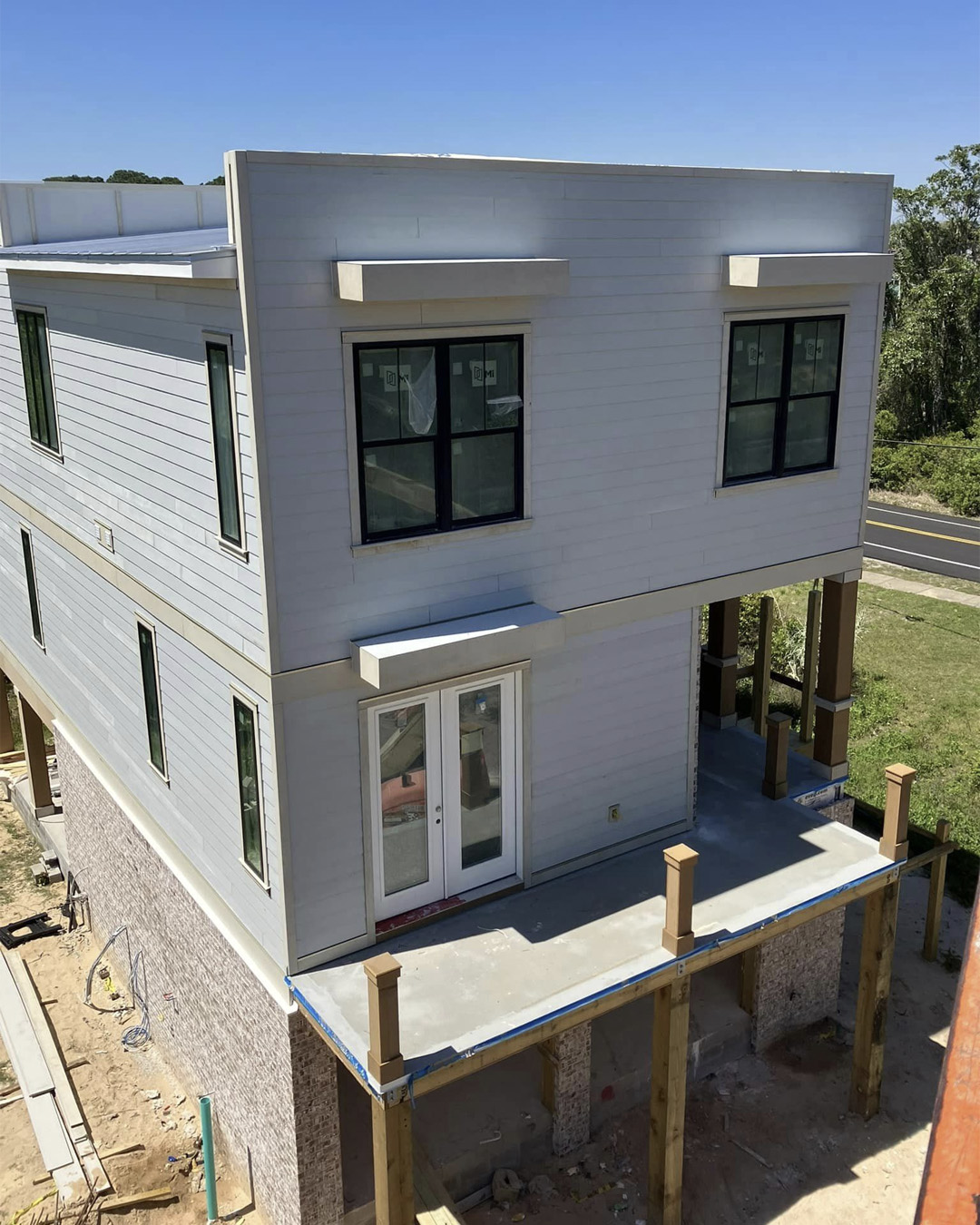
“You need to know what construction company you’re going after,” he advised. Carducci explained that larger companies with more overhead might charge more than smaller operations, but that doesn’t necessarily reflect on the quality of work.
- “There’s always a reason why the costs are different,” he said, encouraging homeowners to look beyond just the bottom line when comparing bids.
Being in a rush to have a project completed
Carducci identified unrealistic timelines as a major source of problems in the construction industry.
- “Ninety percent of the complaint issues you hear about in contracting, especially in the remodeling world, are because homeowners are in a rush,” he stated.
He gave an example of homeowners wanting renovations completed by specific holidays, leading them to hire whoever is available rather than waiting for qualified professionals who usually are booked out.
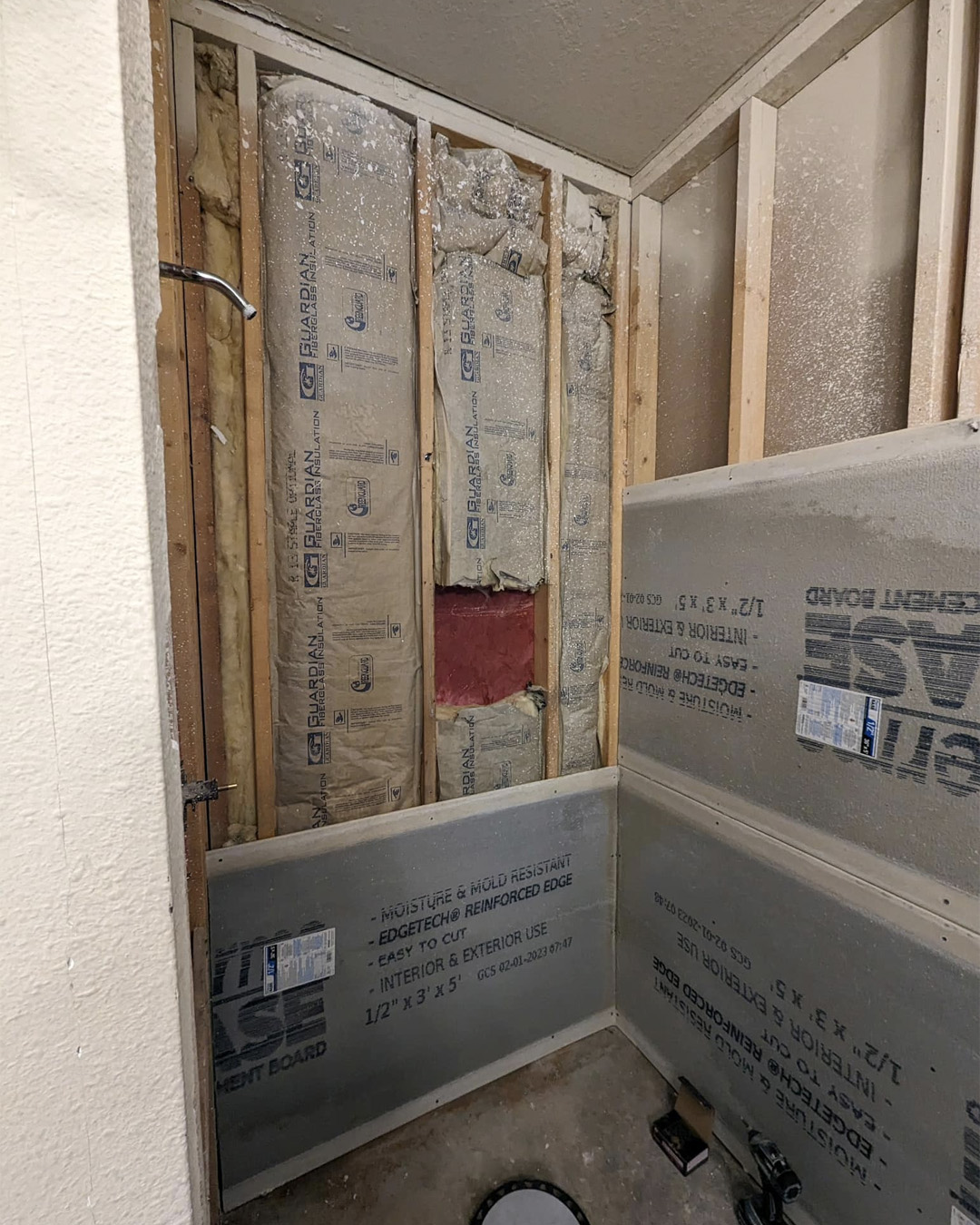
“Nine out of 10 times, it’s going to be messed up. You’re going to end up pay somebody else to fix it and it’s going to cost you twice as much,” Carducci warned.
His advice? “If your bathroom has been like that for 20 years, it can be like that for a few more months.”
Not understanding fixed price vs. cost plus contracts
Carducci strongly advocates for cost plus pricing contracts, which he’s been using for over a decade.
“Cost plus is very transparent,” he explained. “It’s simple. If you want to see an invoice, then you ask for an invoice and you can see that invoice.”
- He contrasted this with fixed price contracts, where contractors often pad the price to protect against unforeseen issues. “I can promise you if you want fixed-price, it’s going to be higher,” Carducci said.
He also noted that cost plus contracts offer more flexibility for changes and unexpected problems, citing the lumber price spikes during the COVID-19 pandemic as an example of how fixed price contracts can be problematic.
Not knowing the difference between handyman and contractor
Carducci emphasized the importance of understanding the legal limitations on what handymen are allowed to do versus licensed contractors.
“In the state of Florida, there is state law outlining what handymen are allowed to do on a construction scope,” he explained. While handymen can handle small jobs like changing door knobs or painting, more substantial work requires a licensed contractor.
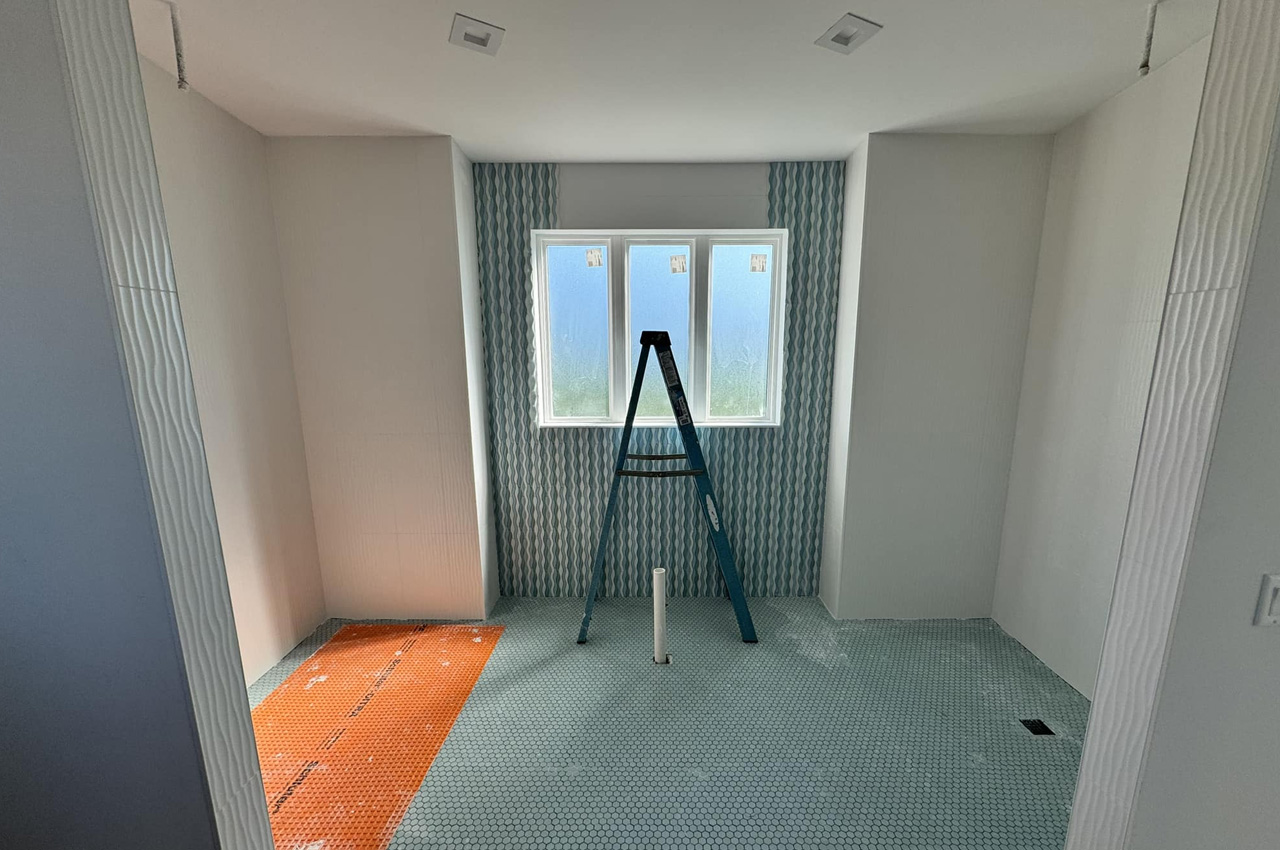
Carducci warned that hiring handymen for work beyond their legal scope can leave homeowners without recourse if problems arise. “You have no legal recourse because you hired them to do something illegal,” he said.
He advised homeowners to familiarize themselves with these distinctions and hire appropriately for each job.
Not planning for your project
Finally, Carducci stressed the importance of thorough planning before starting any construction or renovation project.
“Plan it accordingly with your schedule because it is going to be inconvenient,” he said. Carducci advised against trying to rush projects to meet specific deadlines like holidays or events.
- “The more you plan, the faster it will go and the easier it will be for that process,” he concluded.

By avoiding these common mistakes, homeowners can save themselves time, money, and frustration when undertaking construction projects. Carducci’s insights offer valuable guidance for anyone considering home improvements or new construction in the Fort Walton Beach area and beyond.
As the building industry continues to evolve, staying informed and working with reputable professionals remains crucial for successful home projects. Carducci’s expertise, gleaned from years in the field and his leadership role in the local builders association, provides a solid foundation for consumers navigating the complex world of home construction and renovation.

